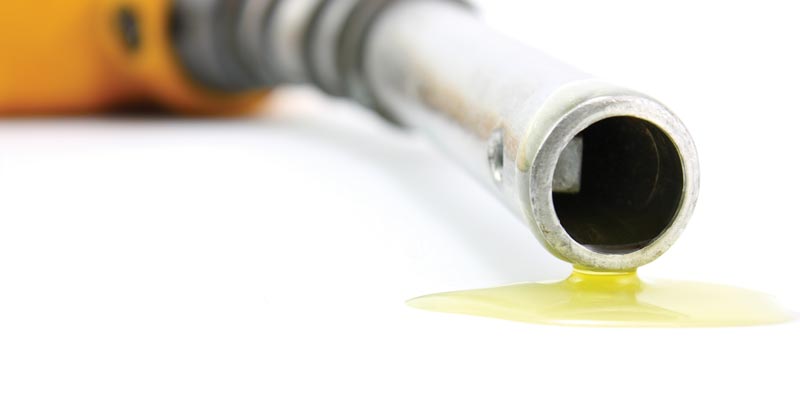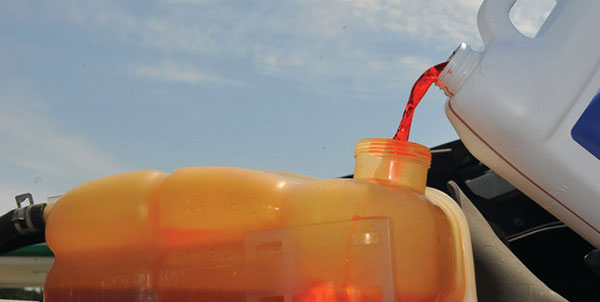Using the proper coolant is essential to protect engines
The solution is training. Anyone who may add coolant to a radiator needs to understand the type of coolant required by the vehicle and the danger of topping off with the wrong coolant.

The importance of freight-ton efficiency
Of all the different metrics that can be used for measuring the energy required to move goods—miles per gallon, ton-miles per gallon, gallons per ton-mile and freight ton efficiency—freight-ton efficiency (FTE), measured in ton-miles per gallons, is the most effective in measuring the amount of energy required to transport a load of goods from Point A to Point B.

Eight steps to maximize truck efficiency and reduce emissions
Advancements in vehicle and engine technology, communication systems, fleet management programs and more allow fleet operators to improve performance, reduce emissions and reduce operating costs.

Engine oil field trials evaluate fuel economy in real-world conditions
In July, we discussed the science behind engine oil development and testing. This included the steps required to create a fuel-efficient heavy-duty engine oil and the need to conduct field trials. This month, we’ll cover how a field trial can evaluate the fuel economy in trucks with different duty cycles in order to get a true picture of how they will perform.

The science behind engine oil development and testing
Developing and testing new engine oils requires a careful balance: fuel economy must be balanced with product durability and the precision of laboratory testing must be balanced by evaluating the oil’s performance under real-world conditions.

Not all 10W-30 engine oils are created equally
Vehicle manufacturers and many fleets are moving to lower viscosity oils to obtain better fuel economy and help reduce greenhouse gases compared to SAE 15W-40 engine oils.

Oil additives are crucial in protecting your engines
When API CK-4 and FA-4 oils were developed, one of the requirements was that lower viscosity FA-4 oils had to meet the same level of engine protection as CK-4 oils.

Understanding coolant types is important to your engine and cooling system
As engine technology and component materials have changed, coolant technology has also changed, particularly with the use of more aluminum in engines. However, there is a misconception that all coolants are interchangeable.

New low viscosity diesel engine oils meet the needs of current, future engines
The American Petroleum Institute (API), working with engine manufacturers and oil makers, completely redesigned two heavy-duty engine oil specifications which were first licensable in December 2016. Nearly a decade had passed since the last diesel engine oil category, API CJ-4, was developed and major changes were required as engine technology had advanced. Engine technology advancement

What you can learn from diesel engine oil analysis
Oil analysis is a scientific way to assess the condition of the lubricant in your engine and detect oil contamination or conditions within your engine that could cause premature wear and/or downtime. A regular oil analysis program lets you build a historic database and watch for trends in a variety of areas. Optimally, you should

